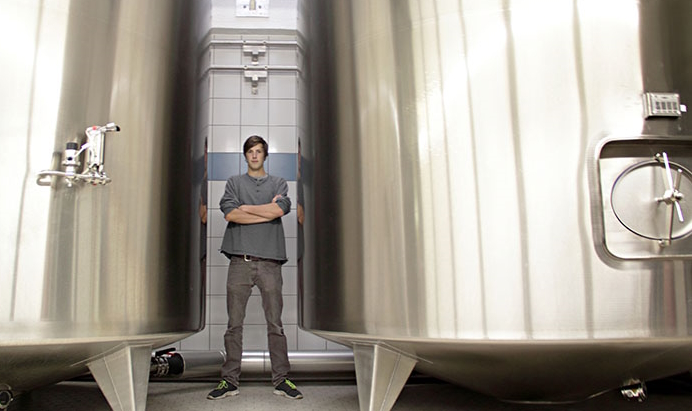Miranda July’s maternal midlife novel is like the quirk porn nightmare of an egomaniac. Cathy Sweeney’s is stunningly good
- Written by Sally Breen, Associate Professor, Griffith University

Generation X and their little brothers and sisters have hit middle age and it’s not pretty. Turns out not ending up resembling your Boomer parents is harder than you might think. We should have realised mid-life disquiet for Gen X would usher in existential crisis – we’re good at it.
Gen X are not the first to get angsty: wrestling with the trials and tribulations of reaching a half century has a long literary history. (Dante’s mid-life crisis gestated the Divine Comedy). But maybe humans are talking about the halfway region like never before because women are having a say – the eight rings of heaven and hell reconfigured as variant doses of HRT. A significant cultural shift scholars are identifying as the “menopause moment”.
Review: All Fours – Miranda July (Allen & Unwin), Breakdown – Cathy Sweeney (Hachette)
With the purgatory of peri and full-blown menopause playing out dramatically in literature, film and TV, “The Change” is moving out of euphemism territory. From a resplendent Julianne Moore in Gloria Bell to Kristin Scott Thomas’ viral “meno-monologue” in Fleabag, women are variant hues of mad, bad and angry; bored, funny and horny AF – their stories tied into the social and economic conditions of the times – their sex reconfigured beyond the male gaze.
Two recent book releases All Fours by American art darling Miranda July and Breakdown by Irish writer Cathy Sweeney swagger unapologetically into this arena.
Both novels begin remarkably similarly. A middle-aged woman fed up with the unrelenting sameness and routine of the contemporary everyday gets in a car and drives away from her life and family. One comes back. One leaves for good. The scandalous nature of their manoeuvres is captured by the opening lines of Breakdown: “Mothers are not supposed to go on road trips”.
Mothers can go on holidays, city breaks, outings, but not road trips. It is women without children who go on road trips. When a Mother leaves home, she is expected to return, sooner or later, with shopping bags. And there are good reasons for this. Driving on a motorway, or travelling by train or bus or ferry, or taking a lift from a stranger or spending a night in a cheap motel, a Mother might take a break from the story that she is telling herself about the life that she is living. And then what?
Both narrators remain nameless, allowing readers to enter their tumultuous head-spaces without specific restriction.

















